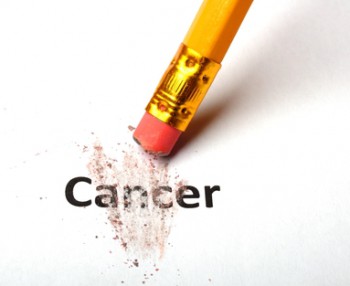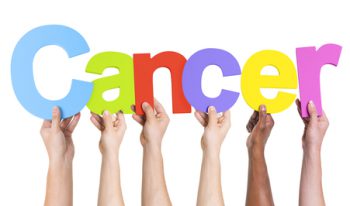
In the fight against cancer, immunotherapy has been a game-changer. The Society of Immunotherapy for Cancer (SITC) is recognizing June as Cancer Immunotherapy Month to recognize and promote the value of these treatments.
Putting Immunotherapy in the Public Eye
The SITC observes Cancer Immunotherapy Month by promoting public awareness of immunotherapy and sponsoring educational events for both healthcare professionals and patients.
Here are a few of the programs scheduled for the upcoming month:
• “Cancer Immunity and Immunotherapy” is being held as part of the annual meeting of the Federation of Clinical Immunology Societies. Presentations will focus on tumor immunology and therapies such as vaccines, CAR-T cells and checkpoint inhibitors.
• “Incorporating Radiation Oncology into Immunotherapy” is a two-day workshop exploring the challenges and opportunities of combining the different methods into one integrative treatment.
• “Rational Combinations 360º” is a comprehensive examination of combining therapies as it relates to business, clinical and scientific aspects.
How Can You Participate?
Everyone has been touched by cancer in one way or another. There are a number of ways you can support Cancer Immunotherapy Month.
• Join the Cancer Immunotherapy CONNECT Open Forum and share your stories with other members.
• Purchase a SITC Cure t-shirt.
• Post your support of immunotherapy for cancer research on Twitter, Facebook and other social media platforms.
• Donate to the Forward Fund for immunotherapy research.
State-of-the-Art Immunotherapy for Cancer at Issels®
Our founder, Dr. Josef M. Issels, was a pioneer in the development and use of immunotherapy. Visit our website for more information about Dr. Issels and our individually tailored non-toxic immunotherapy programs.





